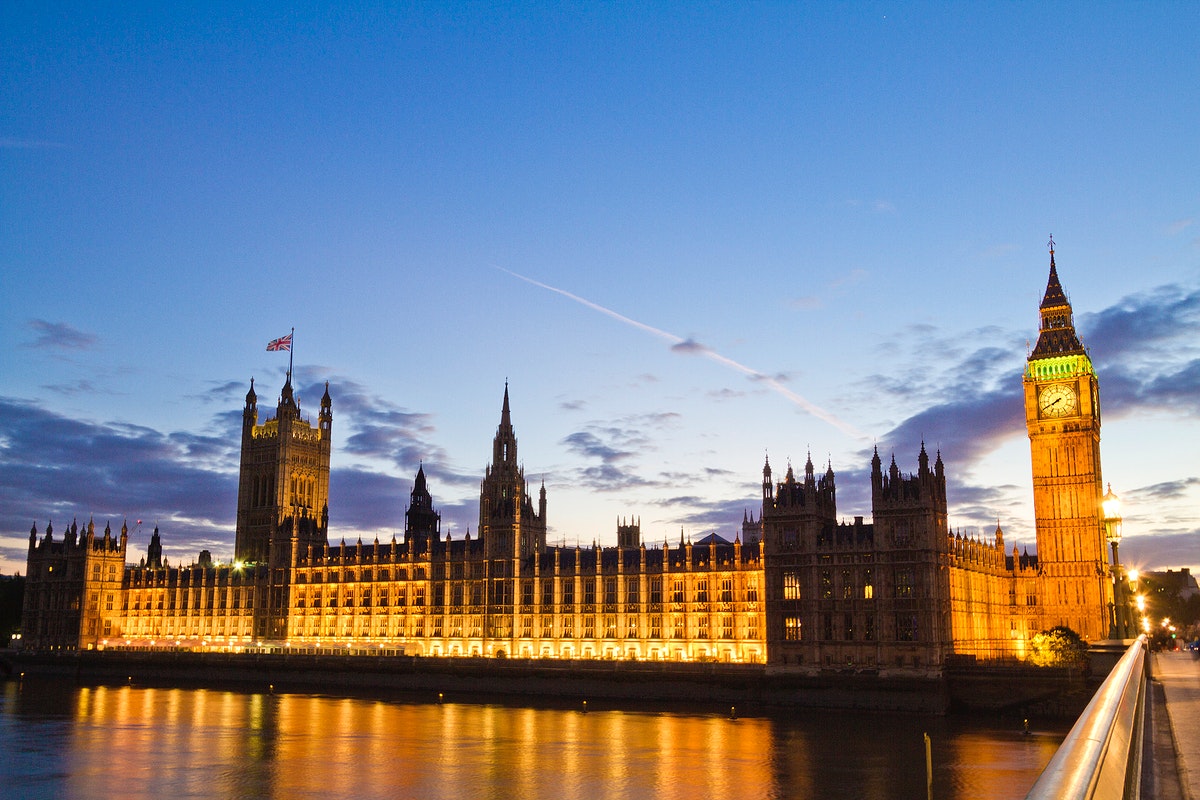LONDON (Parliament Politics Magazine) – Starting on Monday, when the Commons is anticipated to vote on all phases of the Economic Crime Bill in a single sitting, events in Ukraine are likely to dominate the parliamentary week.
As events unfold, there will be a barrage of official comments and urgent questions, and votes on extra penalties and other measures may well be added to the agenda.
The long-awaited bill enacts one of the main goals of anti-money laundering campaigners: the creation of a record requiring foreign owners of UK property to declare and authenticate their identity with Companies House.
The goal is to prevent foreign criminals and oligarchs from using agents to set up businesses that then purchase up property in the UK, saving their anonymity.
Sir Iain Duncan Smith, Dame Margaret Hodge, Kevin Hollinrake, Layla Moran and Chris Bryant are among the powerful backbenchers who have been campaigning on Russia, anti-corruption measures, and financial reform. All this given the tight constraints in the timetable.
They have long advocated for stronger measures against oligarchs who use the “London Laundromat” of property transactions and anonymous corporations to launder their illegally gained billions. A number of adjustments have already been proposed from these quarters.
During this fast-track process, just three votes on changes will be allowed. Because opposition parties are working together to get the bill through, any pressure will primarily come in the shape of difficult questions and demands for reassurance from ministers, as well as attempts to coordinate amendments to close “worrying loopholes in the bill,” as Dame Margaret put it.
Along with the parliamentary debates, the Treasury Committee will examine the effectiveness of Russian economic sanctions, their effects on Russia and the United Kingdom, and the role of the Economic Crime Bill in oligarch sanctions.
The bill will then be sent to the Lords for a second reading discussion on Wednesday, followed by Committee, Report, and Third Reading, all of which are expected to take place on Monday, March 14th (other things with it, this pushes back to last Report Stage day on the Health and Care Bill. The bill was due to contain some of the most important action, to Wednesday 16 March).
As a result, the backlog of key legislation making its way through the Lords appears to be worsening.
This week, the government suffered severe defeats on the details of the Health and Care Bill (including Baroness Cumberlege’s critical amendment on NHS workforce planning), while huge sections of the Nationality and Borders Bill were obliterated by peers.
As the Commons and Lords try to finalise these two crucial bills, major “ping-pong” battles are expected.
And, if the Easter break is taken into account, there aren’t many legislative days left before Parliament’s scheduled prorogation in late April – a challenge made worse by the late inclusion of the Economic Crime Bill to the workload.
Expect a lot of sittings to go on till the wee hours of the morning.
Concerns about turnout
The frequency with which the administration loses votes in the Lords on significant bills is becoming humiliating. “It’s like shooting fish in a barrel,” said one of the opponents.
One important aspect is that the Tory troops are simply not showing up. The administration was rejected by less than 80 opposition peers at one stage this week (the combined forces of Labour, crossbenchers and Lib Dems, plus the occasional Conservative rebel and the odd bishop).
When the government vote falls below 70, it signifies that two-thirds of Conservative peers do not support ministers in critical issues.
This is a serious issue, especially when it means MPs are being marched through the Commons lobbies on a reverse Lords defeats on the sensitive matters.
This will cover a variety of topics related to the handling of refugees, especially given the current refugee crisis in Ukraine.
The question is if the ministers will make concessions in order to have their bills passed. Or will they try to deal with rebellious peers?
There appears to be some rush to complete the present batch of legislation and move on, given the government’s desire to host a State Opening, launch a new legislative programme, and be a post-pandemic political reset.
Foreign Secretary Liz Truss will appear before the committee on Monday. Following her session the previous week that was postponed, left the committee irritated.
Meanwhile, the Department of Home Affairs is disappointed that Kevin Foster, Immigration Minister has declined an invitation to testify about the refugee issue in Ukraine. It has requested that he reconsider his decision.
On Thursday, keep an eye out for the annual International Women’s Day debate, which will be moderated by former cabinet minister Maria Miller. She’ll speak about the necessity of democracy in defending women’s rights, as well as the impact of the Ukraine crisis on women.





